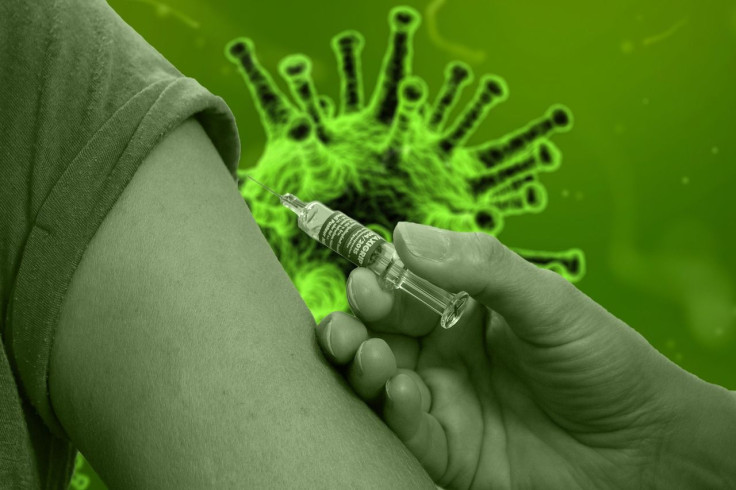Can You Be Vaccinated Against Coronavirus and Is There Such A Vaccine?

KEY POINTS
- Coronavirus is causing a lot of fear worldwide, especially with the high death toll
- Scientists are working round the clock to look for a cure or a vaccine
- Health experts have already given their position on whether there is an available vaccine or not
The deadly coronavirus has spread like wildfire and prompted the World Health Organization to declare a global emergency more than a week ago. During that time, the death toll was just over 200 and the number of infections at approximately 9,800.
In less than two weeks, the number of those infected and the death toll has more than tripled. Scientists and other medical experts are in a frantic rush to develop a cure or a vaccine against the deadly virus.
Coronavirus Quick Facts
The virus was first detected by doctors in Wuhan China in December of last year, which noticed SARS-like symptoms in some patients; only this time, the symptoms were more severe. Upon investigation, Chinese authorities released a statement saying that the virus may have originated from a seafood market in the city of Wuhan.
Coronaviruses are a huge family of viruses that are known to cause mild to severe illnesses. In the past, some countries were also plagued by two such viruses, namely, Severe Acute Respiratory Syndrome or SARS and the Middle East Respiratory Syndrome or MERS.
The Wuhan coronavirus referred to as nCoV or novel coronavirus is the newest strain of such viruses. It had not been detected in humans in the past. The one thing that confounded medical experts is the speed by which it spread from only a handful of cases at the outset to pandemic proportions at present.
Today, it has spread to four continents, with eight people in the UK testing positive for the virus. Two of those recently diagnosed in the UK are health workers. Five British nationals visiting a ski resort in France also tested positive for the virus.
World Health Organization Getting Concerned
According to the WHO Director-General, Tedros Adhanom Ghebreyesus, the UN health body is getting concerned about reports of virus infections of people who had no travel history to China. Two of the newest cases in the UK and five in France are people who had never traveled to any Chinese city or location.
The WHO Director-General said that these cases might become sparks that could likely turn into a huge fire. Ghebreyesus, however, stressed that at the moment, these cases can only be considered as sparks and that they are working round the clock to prevent it from becoming a big fire.
The Director-General is also appealing to all countries to help in preventing a bigger fire from happening. They can achieve this by ensuring the virus is contained to stop it from further spreading.
Coronavirus Vaccine
If there is an approved vaccine to prevent coronavirus infection, everyone should get one. To date, however, no such vaccine exists. While hordes of scientists are sparing no effort to find a cure, or at the very least, a vaccine, they have been unable to come up with much so far.
While there are already several potential coronavirus vaccines being tested on animals, their findings are still inconclusive. Animal testing is a very important phase for any scientific medicine or vaccine before it can be used on humans. After such a test, the vaccine will still go through arduous trials and tests to ensure its efficacy and that it does not cause severe side effects. This means that it may reach several months before such a vaccine will be made available for human use.
There is an ongoing suggestion that if a fraction of the population can be given immunity against the coronavirus, its spread may be curtailed to some degree. While the proposal may be plausible, there is no known immunity medicine, save for a vaccine, which can be used for such population proportion.
Scientists and medical experts, however, say that they are working round the clock to develop a vaccine and a cure against the deadly virus. Soon, they may be able to perfect a cure and vaccine, but until then, people should take precautionary measures to ensure they are well-protected against infection.
© Copyright IBTimes 2025. All rights reserved.





















